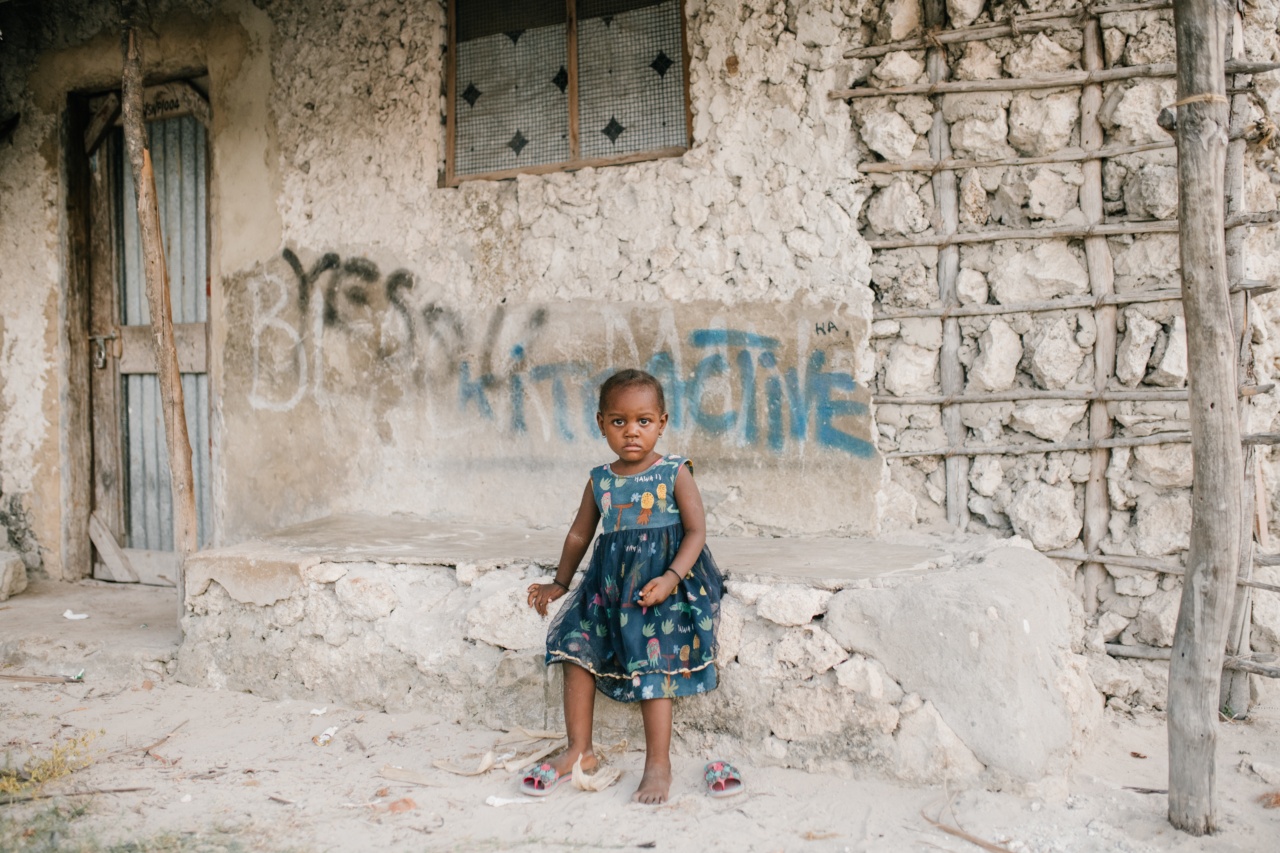In vitro fertilization (IVF) is a commonly used assisted reproductive technology that helps many couples achieve their dream of parenthood. However, there have been concerns regarding the potential risks associated with IVF, including childhood cancer.
In this article, we will explore what you need to know about IVF and the possible link to childhood cancer risk.
Understanding IVF
IVF is a complex procedure that involves the extraction of eggs from a woman’s ovaries, which are then fertilized with sperm in a laboratory. The resulting embryos are then implanted into the woman’s uterus.
This technique helps individuals and couples overcome various fertility issues, such as blocked fallopian tubes, low sperm count, or unexplained infertility.
The Association Between IVF and Childhood Cancer
Several studies have been conducted to investigate the potential link between IVF and childhood cancer.
The majority of these studies have shown no significant increase in the overall risk of childhood cancer among children conceived through IVF compared to those conceived naturally.
Factors Influencing Childhood Cancer Risk
While IVF itself may not directly increase the risk of childhood cancer, certain factors associated with the procedure may contribute to the overall risk. These factors include:.
1. Genetic Factors
Some couples undergoing IVF may have underlying genetic conditions that increase the overall risk of childhood cancer. These genetic factors are not directly related to the IVF procedure itself but may be present in couples seeking fertility treatment.
2. Age of Parents
Advanced parental age has been associated with an increased risk of certain childhood cancers.
Since couples opting for IVF tend to be older than those conceiving naturally, the age factor may contribute to a slightly higher risk of childhood cancer among IVF-conceived children.
3. Preterm Birth and Low Birth Weight
Multiple pregnancies are more common in IVF due to the transfer of multiple embryos to increase the chances of successful implantation. This can result in preterm birth and low birth weight, which are known risk factors for childhood cancer.
4. Use of Fertility Drugs
During the IVF process, fertility drugs are often used to stimulate egg production.
While these drugs have been used for decades and are generally considered safe, long-term studies on their potential effects on the risk of childhood cancer are limited.
Types of Childhood Cancer
The most common types of childhood cancer include leukemia, neuroblastoma, Wilms tumor, brain tumors, and lymphoma. Studies have found no consistent evidence linking these specific types of cancer to IVF conception.
Understanding the Risk
It is important to emphasize that the overall risk of childhood cancer among IVF-conceived children remains relatively low.
The absolute risk increase associated with IVF is generally small, although it may be slightly higher compared to natural conception.
Reducing the Potential Risk
While the research suggests only a minimal increase in childhood cancer risk associated with IVF, it is essential to follow certain guidelines to minimize potential risks:.
1. Preimplantation Genetic Testing
Preimplantation genetic testing for aneuploidy (PGT-A) can help identify embryos with chromosomal abnormalities. Selecting embryos with a normal chromosomal profile may reduce the risk of genetic factors associated with childhood cancer.
2. Elective Single Embryo Transfer (eSET)
Opting for eSET instead of transferring multiple embryos can reduce the risk of multiple pregnancies, preterm birth, and low birth weight, which are known risk factors for childhood cancer.
3. Continual Research and Monitoring
Studies on the long-term effects of IVF-conceived pregnancies are ongoing. Continued research is crucial in understanding and minimizing any potential risks associated with IVF and childhood cancer.
Conclusion
While concerns exist regarding the potential risk of childhood cancer associated with IVF, current research suggests that the overall risk remains relatively low.
Factors such as genetic predisposition, parental age, preterm birth, low birth weight, and the use of fertility drugs may contribute to the slight increase in risk. However, it is important to note that the absolute risk increase is generally small, and many couples successfully conceive healthy children through IVF.
Continued research and adherence to best practices can further reduce any potential risks associated with IVF and childhood cancer.































